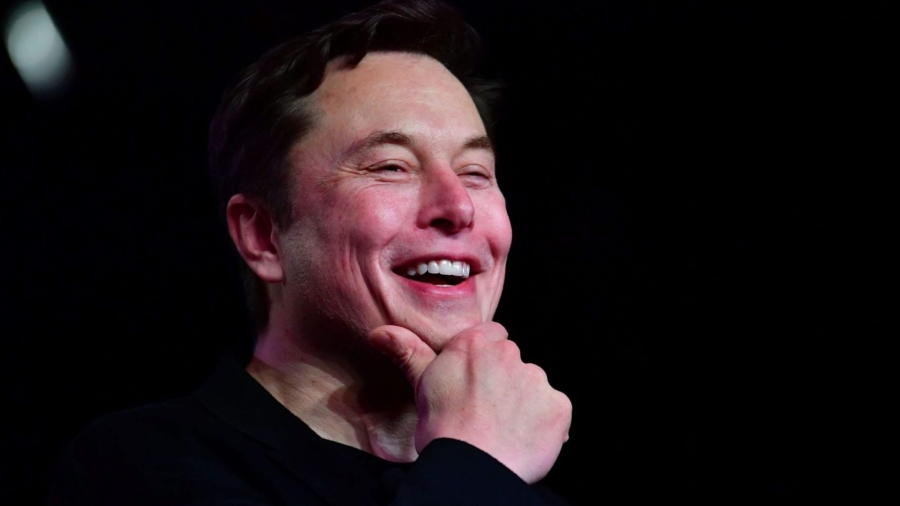Vine, a short-form video app that Twitter shuttered in 2016, could make a comeback to the platform following Elon Musk’s recent takeover of the social media giant.
Musk, who completed the acquisition of Twitter for $44 billion on Oct. 27, signaled interest in resurrecting Vine Monday evening, asking his 112.7 million followers in a Twitter poll if they think the extinct format should return to the platform.
The poll dubbed “Bring back Vine?” quickly drew millions of votes, with about two-thirds in favor of the idea of restoring the app. However, the outcome of the poll doesn’t necessarily mean the “Chief Twit” will certainly bring it back.
The final result of the poll as of Tuesday morning shows that nearly 5 million people voted, with 69.6 percent in favor.
Bring back Vine?
— Elon Musk (@elonmusk) October 31, 2022
Thousands of users have expressed their thoughts on the idea, including YouTube star “MrBeast,” whose real name is Jimmy Donaldson, the second-largest American YouTuber in terms of subscribers.
Donaldson told the Tesla CEO that if he brought back Vine and competed with TikTok, “that’d be hilarious,” to which Musk replied, “What could we do to make it better than TikTok?”
“Yes—please,” American columnist Benny Johnson said on Twitter in response to Musk’s idea of reviving Vine.
“Creators hate [TikTok]. Nonsensical banning and de-platforming and deboosting. [TikTok] algorithm feeds users uninteresting drivel. Their TOS is spyware. The platform will be banned in America soon if they’re not careful and users will need an alternative,” Johnson explained.

Vine 2.0?
A rebooted version of Vine could have the potential to compete with TikTok. Originally launched by Twitter in January 2013, the once-popular video-sharing app was well-received and became the number one free app on the iTunes App Store just six months after being acquired by Twitter in October 2012.
Chinese-owned TikTok, though still popular, is not as popular as it was a couple of years ago and could be losing its grip in the United States. American officials have repeatedly warned that TikTokers’ user data may be used by the Chinese Communist Party (CCP), particularly in light of national security laws in the country that compel local companies to cooperate with Chinese intelligence agencies when requested to do so. TikTok has repeatedly denied such allegations.
Musk, meanwhile, also revealed that he’s considering changing how Twitter verifies users after buying the platform and taking it private.
The SpaceX founder confirmed on Oct. 30 that the “whole verification process is being revamped right now,” but did not provide further details.
Musk’s confirmation regarding changes to Twitter’s verification process for accounts that are “authentic, notable, and active” will no doubt bring welcome relief to many users of the platform, given its current difficult and often confusing verification system.

